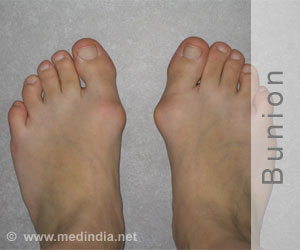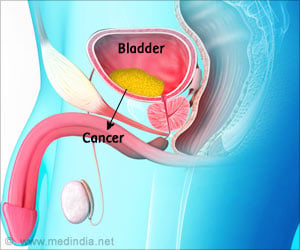Inherited genes contain two working copies, one from the mother and one from the father. But sometimes, a gene is imprinted, meaning that one copy becomes silent.

Angelman syndrome occurs when an infant inherits a mutated copy of the imprinted gene UBE3A from his or her mother. He or she also has a paternal copy of the gene, but it is silenced by a long ribbon of RNA called the UBE3A anti-sense transcript. (Antisense, in this case, is complementary to the ribbon of RNA, which means it binds to it and silences any activity.)
In an earlier experiment, Dr. Ben Philpott of the University of North Carolina showed that a type of drug called a topoisomerase could activate the father's copy of the gene, but the drug itself was toxic and it did not limit activation to the Angelman gene but affected all long genes.
One of Beaudet's graduate students - Linyan Meng - was writing her dissertation on Angelman syndrome and was wrestling with this problem when a member of her dissertation committee, Dr. Thomas Cooper, professor of pathology & immunology at Baylor, said he was working with a Carlsbad, Calif.-based company called Isis Pharmaceuticals that had anti-sense oligonucleotides that could turn off the antisense transcript that silenced the paternal copy of the gene. She bred a mouse in which the antisense transcript was "knocked down" and the paternal copy of the gene turned on.
"If you blocked the antisense, you could turn on the paternal copy," said Beaudet, also the Henry and Emma Meyer Chair in Molecular Genetics at Baylor. The treatment worked both in cells in the laboratory and in the live animals. The effect of the injection of the antisense oligonucleotides lasted about 16 weeks.
"It was clear from the molecular data that we were turning on the paternal copy of the gene," said Beaudet. "It is not clear how much we are able to reverse the behavioral abnormalities. "Studies in mice showed that the treatment appeared to reduce the cognitive deficits associated with Angelman syndrome. Yet more testing needs to be done.
In the future, Beaudet said, researchers hope to see what happens if the gene is able to make even more protein. He anticipates that if the laboratory and animal studies continue to be positive, a study in children with the problem could be possible in the next two to three years. Perhaps, he said, the technique could be modified to work in other diseases that result from mutations in imprinted genes.
 MEDINDIA
MEDINDIA




 Email
Email






